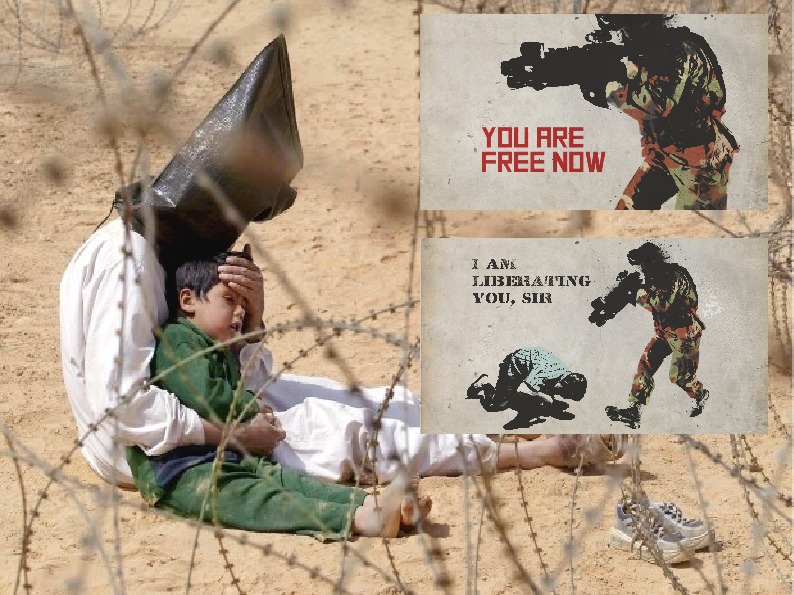

In Part 1, Klein contextualizes her appropriation of the term “shock therapy” in its origin in psychology.

The Shock Doctrine consists of seven parts, each of which attacks political shock therapy from a different angle. Though the book has been criticized for perceived oversimplification of political issues, it has been lauded by other critics for illuminating an under-examined social epidemic. Klein condemns this kind of legislating, arguing that it serves only the few who exploit the system, damaging society as a whole.

Klein looks at several important recent geopolitical events, including America’s Iraq War, which exploited crises (for example, the 9/11 bombings in New York City) to galvanize support for issues that would not have been promoted democratically under neutral conditions. In Klein’s view, this happens through the mechanism of “shock therapy,” through which nations take advantage of crisis moments to strategically introduce new legislation when a country’s constituents are too emotional to grasp the issues at hand or employ reason. Canadian writer and political activist Naomi Klein’s The Shock Doctrine: The Rise of Disaster Capitalism (2007) levies a critique of neoliberalism, arguing that the policies of the free market, particularly those elucidated and popularized by economist Milton Friedman, are being advanced with little democratic consent.


 0 kommentar(er)
0 kommentar(er)
